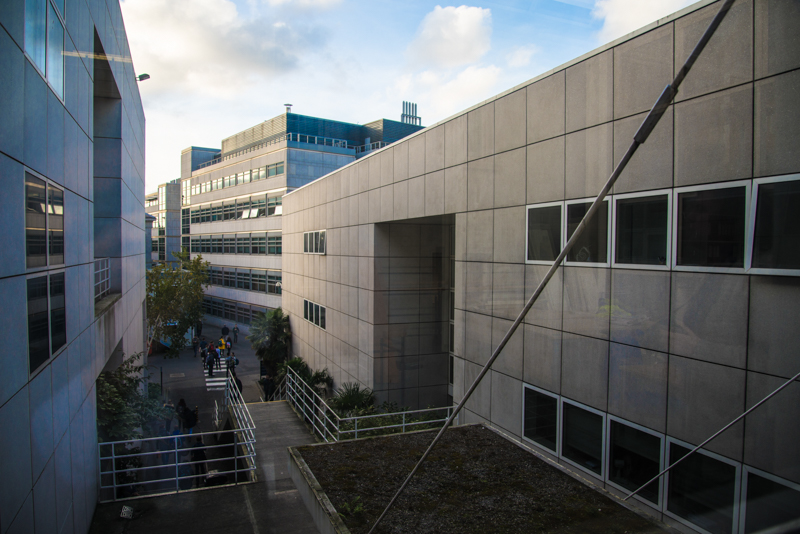Scientists at Trinity’s School of Microbiology have discovered a new method to prevent bacteria from growing on medical devices implanted into the human body, a common problem in modern medicine.
A research team led by Dr Joan Geoghegan of Trinity’s School of Microbiology and Genetics are studying new ways to prevent infections resulting from medical device implants.
These infections occur when communities of bacteria known as “staphylococci” attach themselves to catheters, heart valves and artificial joints inserted into the human body. Such bacteria are resistant to antibiotics and are not easily fought by the human immune system.
This, more often than not, necessitates the removal of such devices. Each incident of “biofilm infection” costs the health system between €50,000 and €90,000.
In a press release, Geoghegan said: “These new findings show that it is possible to stop bacteria from building communities using molecules that specifically target proteins attached to the surface of the bacteria.”
Describing it as an “exciting breakthrough”, Geoghegan said it would help “inform the design of new, targeted approaches to prevent biofilm formation by staphylococci and reduce the incidence of medical-device infection”.
The team of researchers were building on a similar work released in the prestigious journal Proceedings of the National Academy of Sciences of the USA that claimed that it is possible to stop these bacterial communities from attaching to such devices by targeting the linkages that hold them together.
The Trinity team worked in collaboration with Prof Yves Dufrene from the Université Catholique de Louvain in Belgium. Leanne Hayes, a PhD student in Trinity’s School of Microbiology and Genetics, who received funding from the Irish Research Council (IRC) for the research, found that it is possible to prevent bacteria from attaching to surfaces using a small blocking molecule.
The molecule targets a protein attached the surface of the bacteria. In laboratory experiments, the peptide prevents the protein from recognising other bacteria and stops the staphylococci from growing into a biofilm.
If it is possible to stop the development of this biofilm, this will lead to numerous medical benefits, allowing the design of better approaches to preventing staphylococci growth and reducing the incidence of medical device infection.







